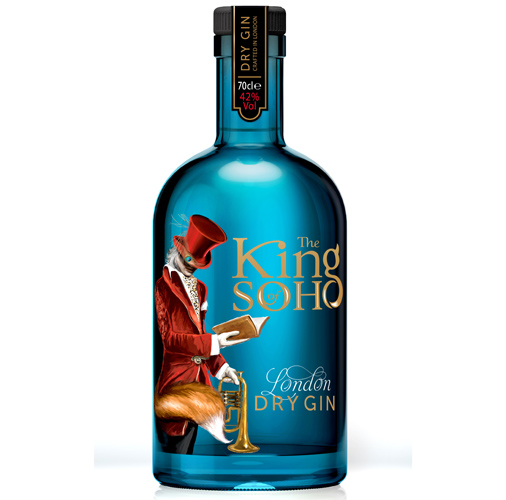Those revolving doors at the top of AB-InBev’s German unit keep on spinning. As of 1 January 2014 Steve McAllister (47) will succeed Chris Cools (46), who is leaving AB-InBev after 17 years, AB-InBev said on 17 October 2013. Mr Cools only became head of the German unit in 2010, when his predecessor Jens Hösel left after merely a year at the helm. The departure of Mr Cools brings the tally of bosses that have come and gone in Bremen over the past ten years up to six. AB-InBev employs about 2,800 people in Germany. 1,400 work in Bremen, where AB-InBev Germany is headquartered.
On 23 October 2013 Dutch brewer Heineken posted a lower-than-expected profit outlook for 2013 after earnings fell by 15 percent year-on-year for the third quarter 2013. Heineken now expects 2013 net profit to decline in the low single digits.
It always seemed like a lame excuse, but obviously the weather has become the determining factor in beer sales in Europe. On 17 October 2013, brewer SABMiller said that its performance for the six months to 30 September 2013 has been in line with expectations: strong volume growth at its African business managed to offset a challenging environment in parts of Europe.
Given the long saga of Silvio Berlusconi’s legal wrangles, a victory in an Italian court, even if it is the Supreme Court, may amount to actually very little. Still, Czech Budweiser Budvar delighted in the sweet taste of victory, when on 8 October 2013 the Italian Supreme Court ruled in their favour, thus banning AB-InBev from using the Budweiser trademark in Italy.
Money isn’t everything, but it’s a long way ahead of what comes next. Like Olympic medal rankings, rich lists are somewhat silly. Still, they make for compelling study. On 8 October 2013, the ManagerMagazin published its annual rich list of the 500 wealthiest Germans. As expected, the two families behind Germany’s discount retail chain Aldi top the list at EUR 17.6 billion and EUR 16 billion each.
Most people feel they no longer have a “local” (that is a local pub) at the heart of their community – that’s according to a recent survey by YouGov released in September 2013.
Gin is such a popular drink that the son of the late porn and property baron Paul Raymond has jumped on London’s gin bandwagon with a new drink named in honour of his father. King of Soho London Dry Gin was launched at the end of September 2013 by West End Drinks, owned by Howard Raymond, the son of Paul Raymond, notorious for his strip joint Raymond’s Revuebar in Soho.
Why would Heineken sell their Strongbow cider in 2 litre plastic bottles? Is this a desperate measure to maintain volumes of one of the UK’s most popular cider brands, or is it just me failing to see the logic of this? While it’s not as bad as selling beer in large plastic bottles, Heineken’s move certainly carries the risk of downmarketing the brand’s image. What is more, have they forgotten that there is some stigma attached to drinking cider out of plastic bottles (remember youngsters at the park getting drunk on the stuff)?
Since when have the Irish become such morose whinge-pots? Even before Diageo, the owner of Guinness, invited punters to be in a bar by 5:59 pm on 26 September to raise a glass to Arthur – that’s Arthur Guinness, the brewery’s founder – a growing chorus of critics has called the festivities, which bring together three celebrated strands of Irish culture, namely Guinness, the pub and music, a “national embarrassment”. They argue that it is merely a PR stunt, aimed at promoting the company’s brands, and that there is nothing to celebrate in binge drinking.
Grand Place, Manneken Pis and the Atomium – come 2018 and Brussels will boast another atraction: The Belgian Beer Temple. Launched by the City of Brussels, the Brussels Capital Region and the Federation of Belgian Brewers, and housed in the former Brussels Stock Exchange, the Belgian Beer Temple will be a visitor experience that is built on a grand scale to highlight all aspects of Belgian beer culture.


